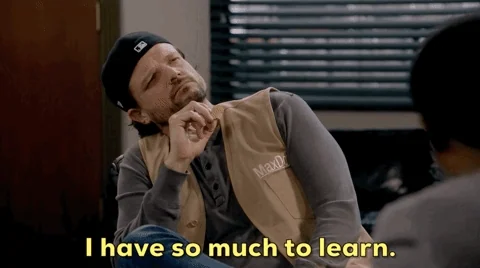As someone with ADHD, you may often misplace your keys, leave your wallet in the fridge, or miss a friend's birthday.
You might assume that these are examples of a lack of attention.
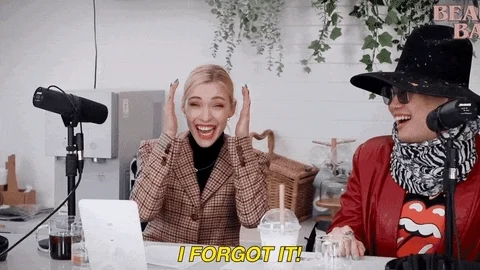
But did you know that the cognitive process that handles these tasks is known as working memory? Working memory challenges are common signs of neurological difficulties such as ADHD, autism, and learning difficulties.
If you have ADHD, effective strategies will help you manage these challenges and develop your working memory.
What is working memory?
Working memory is your brain's ability to hold information for a short period of time while you're doing something else.
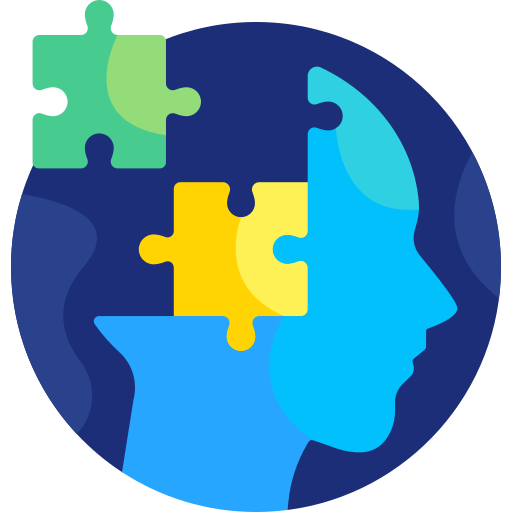
When do you use working memory?
When you're looking for a pen to write down a phone number someone tells you, and you repeat the numbers silently in your head.
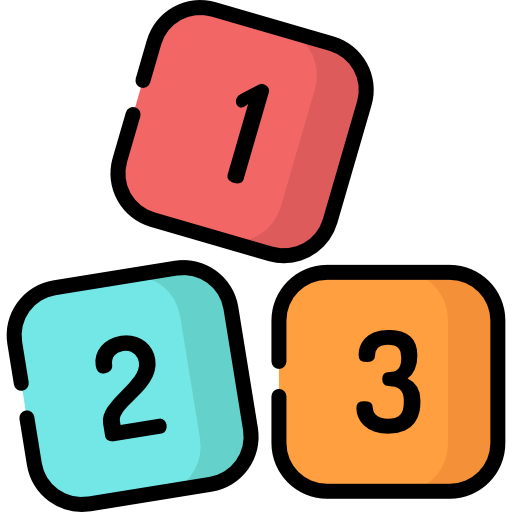
When you carry out math sums in your head.

When you try to remember what you just read.
When you're looking for that pencil you just put down on your desk.

Why is working memory important?
Working memory is critical to learning — new information is constantly added to old knowledge as you progress.
The skills you're using right now to read and understand this Byte depend on your working memory abilities.

Being able to hold information in your mind and recall previous learning is crucial to completing work tasks. It's also vital for developing academically, staying in engaged in class, and completing homework.
What makes an ADHD mind different?

Not everyone with ADHD has difficulty with working memory, but when they do, it can lead to symptoms like:
Being easily distracted.
Acting without thinking.
Being overly active.
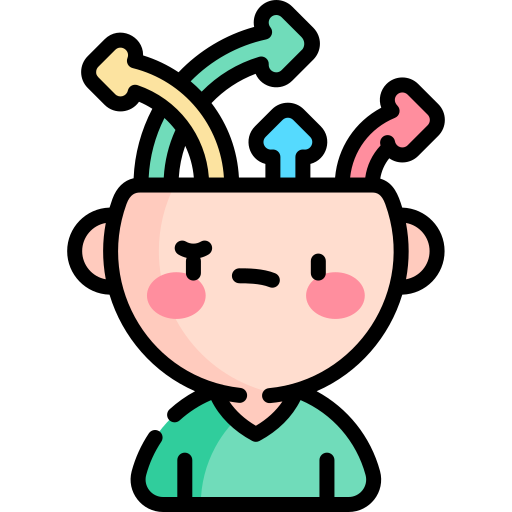 Which could influence:
Which could influence:
Work or academic achievement.
Staying organized.
Handling emotions.
Getting along with others.
Quiz
People with ADHD might have trouble with (select all that apply):
Can working memory improve for people with ADHD?
In the clip below, educational psychologist Peter Doolittle uses humor to explain the limited capacity of working memory.
The good news is that you can improve your working memory skills through training and practice: "There are many strategies that not only support working memory through meaningful techniques but also boost confidence."

What strategies can boost your working memory?
A few strategies can help you cope with and feel more in control of the challenges you might face.
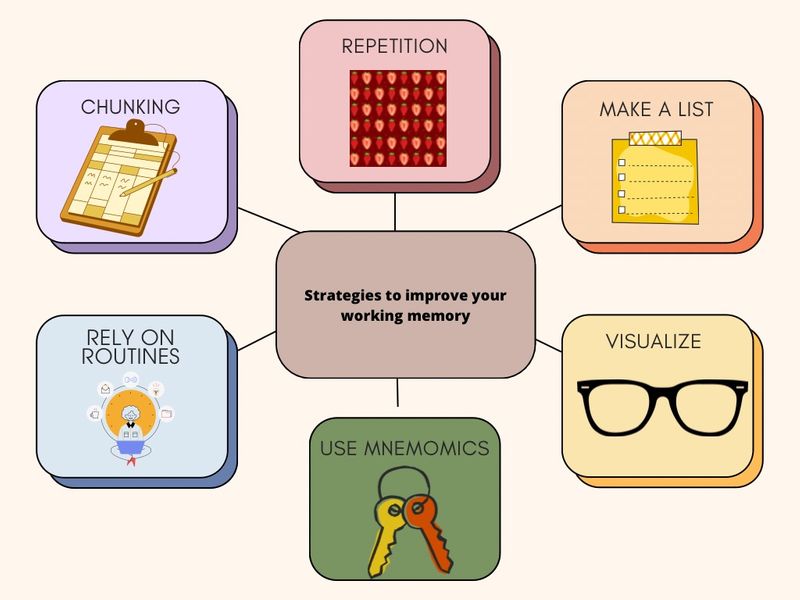
Learn and practice a few techniques to see what works for you!
Make a list
Writing lists can provide you with a guide for completing important tasks. Making lists of keywords while reading or listening can help you refer back to information when studying or reviewing it later.
Example: Sarah is renovating her home office. She writes down the sequence of steps needed to complete the project.
Visualize
The ADHD mind is very creative and often imagines things, making complex ideas easier to understand by visualizing images and words.
Example: Before starting his day, Peter looks at his calendar and pictures himself moving from one activity to the next. This helps him prepare for his day.
Use mnemonics
Using an acronym, rhyme, or song can help you remember information.
Example: I music class, Julie is trying to memorize the line notes of the treble clef. She memorizes the following sentence: "Every good boy deserves fun" which represents the notes E, G, B, D, and F.
Rely on routines & repetition
When you repeat the same tasks consistently, these become "automatic", reducing your chances of forgetting.
Example: Chris keeps his keys in the same pot by the door so he doesn't lose them.
Chunking
Grouping different bits of info into smaller or meaningful chunks will help you recall information better.
Example: Melissa has a long grocery list. She divides it into different categories to help her remember (e.g. breakfast, sweets & spices).
Ready to practice some strategies?

Pair each of the examples (numbers) below with the correct strategy (letter).

Break down a month-long marketing campaign into weekly segments.
Have a designated shelf for important items at your work station.
Write down key terms and ideas from a course reading.
Picture yourself closing your email app and switching to a spreadsheet.
A. Rely on routines & repetition
B. Chunking
C. Visualize
D. Make a list
Quiz
Pair each example to a strategy
Take Action
ADHD brains are unique. It's important to concentrate on finding and using helpful tools suited to you, instead of worrying about what you lack and being self-critical.
Make the best use of ADHD working memory strategies:
Your feedback matters to us.
This Byte helped me better understand the topic.


